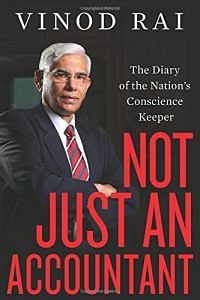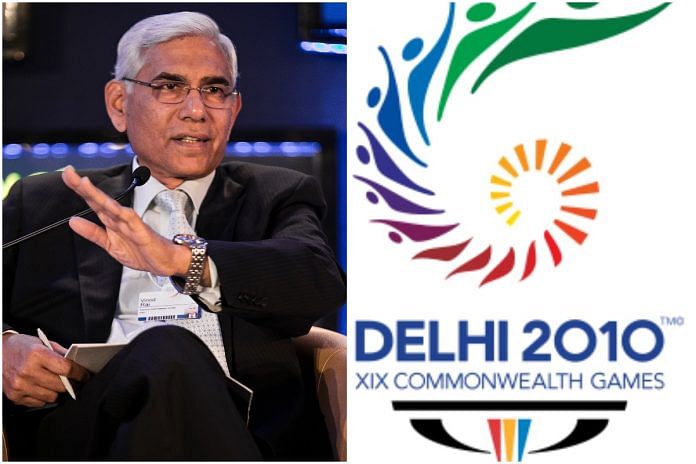In this excerpt from his book, former CAG Vinod Rai explains how they had pointed faults in the planning of the Commonwealth Games but weren’t taken seriously.
The organisation of the games was a mammoth exercise involving coordination between nineteen different agencies, so as to ready the infrastructure needed to conduct the grand event. However, despite the fact that the contracts to host the games were signed in March 2003, there were a large number of reports as late as 2009 regarding tardy progress. While the agencies involved in the preparations attempted to dispel the fears, the voices of skepticism multiplied, and counter-claims were flying in the media and in Parliament.
We were obviously reading these reports, which were appearing with disturbing regularity. I would share my concerns regarding these stories with my officers every other day. Apart from being auditors by profession, quite a few of us were keen sportspersons—so the successful hosting of the games was dear to us. One weekend, after the usual game of tennis, we got into a serious discussion regarding the tardy preparations. We thought it was our bounden duty to study the situation and advise the government with an objective report on the state of preparedness of the different agencies for conducting the games. We put together a very professional and capable team, led by K.R. Sriram, the principal director of audit. We were clear that this was not an audit under Article 151 of the Constitution, but merely a study designed to assist the government with an objective assessment of the stage of preparedness. This would provide practical and assistance to the administration, and help the government take remedial measures and effect mid-course corrections for those projects woefully behind schedule.
Towards this objective, audit conducted the field work between March and May 2009, and brought out the report in July 2009, after holding the exit conference with various stakeholders that month itself. I would like to emphasize that the exit conference was in July and that the report was submitted in the same month; hence our findings were totally up-to-date in terms of the physical status of different projects.
Rather than appreciating the useful inputs provided to them and identifying the high risk areas in terms of progress, the government became defensive and started picking holes in the report. While I could understand such statements emanating from officials trying to cover their inadequacies, I was really disappointed when the chief minister of Delhi echoed similar sentiments stridently, saying that our report was outdated and that the projects were, in fact, on track. I wondered why a public leader of her stature would jeopardize the reputation of her city, and the pride of the nation, merely to condone the sloppy work of some officials.
It did not end there. As several agencies of the government were involved, the cabinet secretary designated different officers with the responsibility of replying to the deficiencies highlighted in the report. Little did they realize that we were not seeking responses to our observations. The entire exercise was to assist them in identifying the weak spots. If they felt things were on track and we were off track, they could have ignored our study and moved on.
While India and the rest of the Commonwealth saw one deadline disappear after another, and desperately waited for reassuring voices from the government, M.S. Gill, the sports minister at that time, made a most distressing statement. Organising the games, he said, was like hosting a ‘Punjabi wedding’—things would be done at the last moment, but all would be done well. Describing the preparations for the games as jugaad, the minister, continued with the wedding analogy, saying that ‘you keep collecting ladoos [sweets] and flowers till midnight, but early morning you get the garlands and ladoos and hope the baraat [wedding party] is happy.’ The minister was living in a make-believe world, totally oblivious to ground realities, and worst of all, applauding one of the most regrettable aspects of our psyche—jugaad. We were shocked to hear him speak thus, and just to rejig my memory, I went back to our report. What did it say?
 ‘Not Just an Accountant: The Diary of the Nations Conscience Keeper by Vinod Rai’ has been published by Rupa Publications. Excerpted with permission from Rupa Publications.
‘Not Just an Accountant: The Diary of the Nations Conscience Keeper by Vinod Rai’ has been published by Rupa Publications. Excerpted with permission from Rupa Publications.






